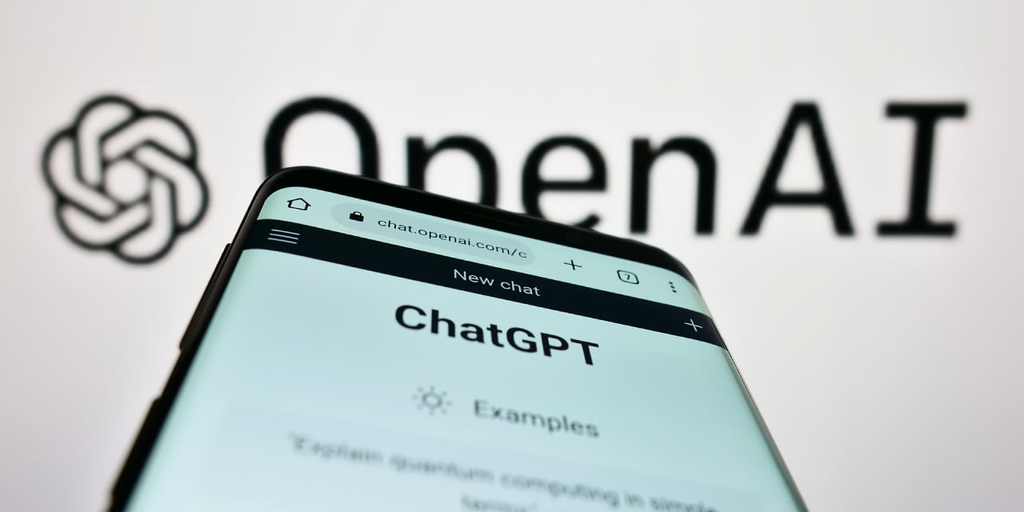OpenAI, the artificial intelligence research company behind ChatGPT, pushed back the launch of its Voice Mode on Wednesday, a standout upcoming feature that made waves when it was showed off at its product update last month. The company said it needs “one more month” to work on it—and the announcement has sparked harsh criticism from users and the AI community.
Its Voice Mode was perhaps the most compelling announcement at the OpenAI event, unveiled alongside the release of its latest large-language model, ChatGPT-40. It allowed users to interact with the chatbot via voice and engage in a natural-sounding conversation.
The demonstration also invited comparisons to the science fiction film “Her,” featuring a virtual companion voiced by actress Scarlett Johansson. Johansson soon threatened OpenAI with legal action over the similar-sounding voice, and the company soon announced it was removing the voice from its library.
In announcing the delay, OpenAI said it was unable to advance the feature in a limited “alpha” release in June as planned because it needed more work.
“We’re improving the model’s ability to detect and refuse certain content,” the company explained. “We’re also working on improving the user experience and preparing our infrastructure to scale to millions while maintaining real-time responses.”
Users didn’t like what they read, and OpenAI’s announcement quickly met a wave of disdain from the AI community.
Many critics were quick to point out OpenAI’s history of overpromising and underdelivering, comparing its track record to its competitors. “Be like Anthropic,” tweeted AI enthusiast Ashutosh Shrivastava. “They don’t demo and create hype only to go silent for 3-4 months.”
AI Youtuber Matt Wolfe claimed the delay is part of OpenAI’s business strategy.
“Show off something exciting to demonstrate how far ahead of everyone else you are and then never actually let people use it,” he said, calling the move the “Sora Treatment.” Generative video tool Sora is another OpenAI product that has received extensive praise but is still not widely available.
Benjamin De Kraker, creator of FinalFrame AI, shared his frustrations, claiming that OpenAI touts specific features that are later killed due to lack of use or interest.
“Plugins died, GPT Store died, Voice is delayed, Memory is mediocre,” he tweeted, “Core model and API are solid, but all the ‘this changes how people use AI!’ hype stuff has bombed.”
The delay has also led many users to question the value of their ChatGPT Plus subscriptions. Peruvian medical researcher Patrick Wieghardt suggested that it might be time to end his subscription, while another user stated that they had already canceled theirs. “Right now I see no point in paying for what you’re offering for free anyway,” an AI newsletter publisher wrote.
Some observers think the full release of Voice Mode could be several months away. Ryan Morrison, AI Editor at Tom’s Guide, said he believes mid-November is a more realistic timeframe—after the U.S. elections.
OpenAI didn’t immediately respond to a request for comments from Decrypt.
Edited by Ryan Ozawa.
Generally Intelligent Newsletter
A weekly AI journey narrated by Gen, a generative AI model.

